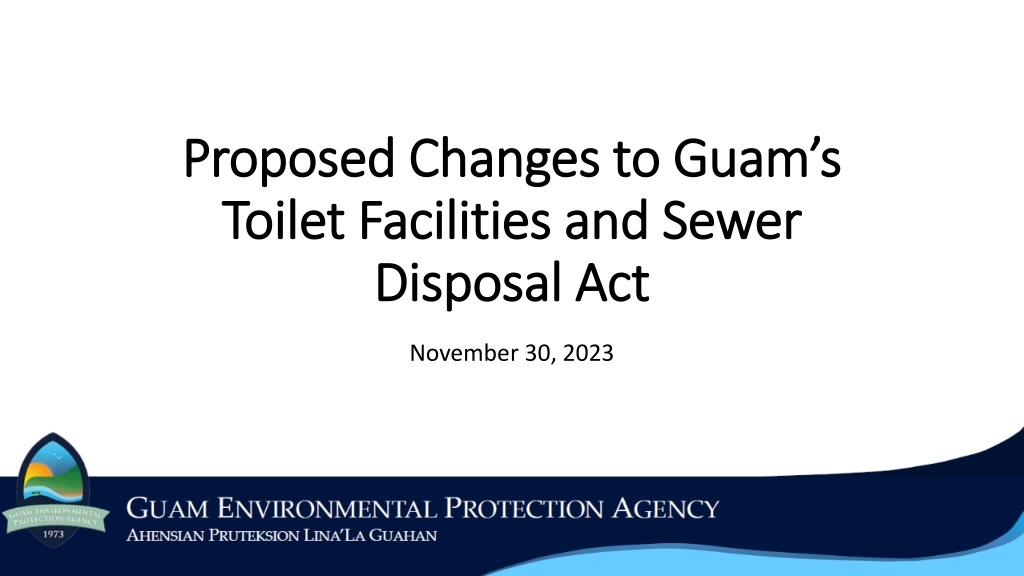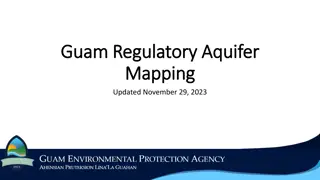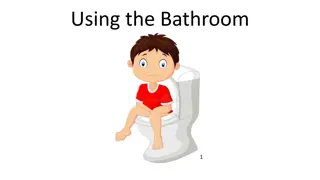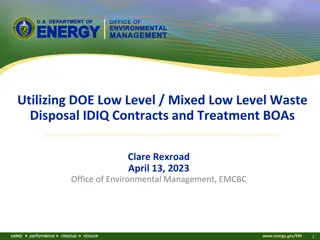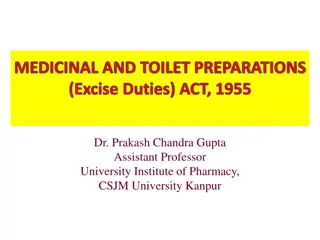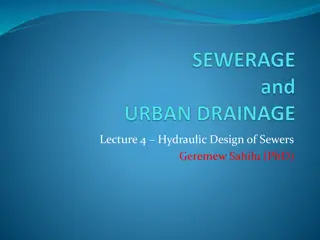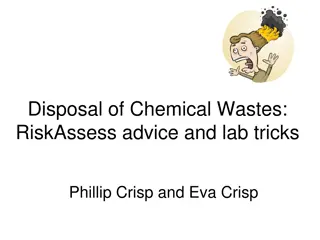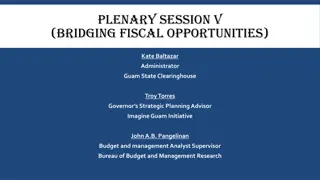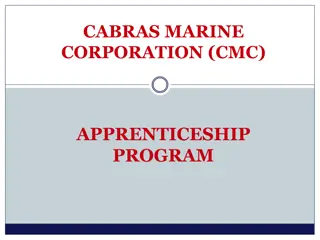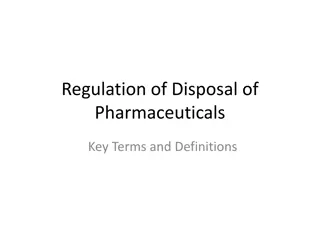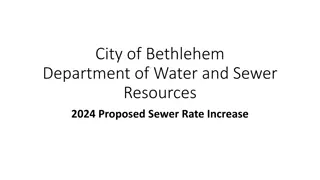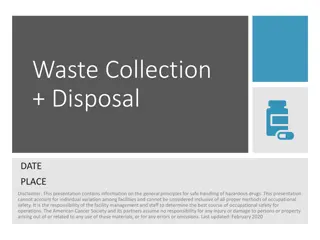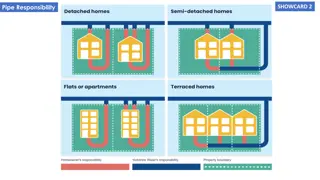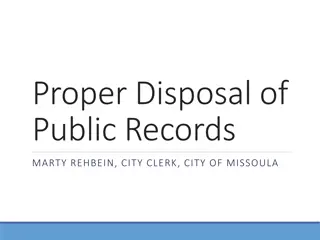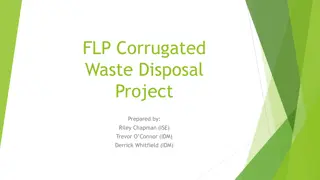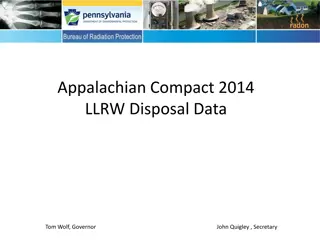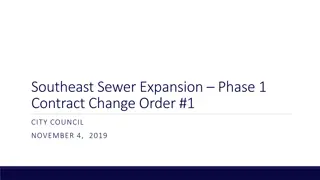Proposed Changes to Guam's Toilet Facilities and Sewer Disposal Act
Current controversies surrounding residential lot sizes, lack of flexibility in existing laws, and rising nitrate levels have prompted the introduction of Bill 175-37 (COR) in Guam. The bill aims to address shortcomings in existing regulations by allowing the development of 1/6 acre lots with Type 4 systems, introducing modernized enforcement options, and requiring operating permits for new systems. The proposed changes also emphasize the use of advanced nitrogen-reducing onsite disposal systems to reduce the impact on the aquifer and ensure environmental sustainability.
Download Presentation

Please find below an Image/Link to download the presentation.
The content on the website is provided AS IS for your information and personal use only. It may not be sold, licensed, or shared on other websites without obtaining consent from the author. Download presentation by click this link. If you encounter any issues during the download, it is possible that the publisher has removed the file from their server.
E N D
Presentation Transcript
Proposed Changes to Guams Proposed Changes to Guam s Toilet Facilities and Sewer Toilet Facilities and Sewer Disposal Act Disposal Act November 30, 2023
Current controversies: Residential lot sizes (unsewered) Parental & Decedent exceptions to Guam s 1/2 acre lot size rule Lack of clarity on Zoning Law (1/2 acre) vs. Subdivision Law (1/4 acre) Rising nitrate levels exceeding John Mink s 4 mg/L target Lack of flexibility in law Only septic tank and soil absorption system allowed Need: holding tanks, advanced systems, mounds, other options
Bill 175-37 (COR): Based largely on draft legislation developed by Sen. Sabina Perez with assistance from Guam EPA One major change (later in red) has led Guam EPA to object to the Bill in its current form Designed to address previously identified shortcomings (as discussed with this working group since 2019) Designed to reduce the current impact to the aquifer from continued acre parental lot development with traditional septic systems
Proposed under current Bill 175-37 (COR): Allows development of 1/6 acre lots by anyone over the aquifer, with Type 4 systems. Adds flexibility (using definitions consistent with International Private Sewage Disposal Code) Creates new Type 4 system Advanced nitrogen-reducing onsite disposal system Allows establishment of alternate setback distances for Type 4 and holding tanks
Example of a Type 4 Nitrogen- Reducing System: Orenco Advantex AX20*: (NSF-245 certified) *Example only GEPA does not endorse or recommend any specific manufacturers or products Image: Orenco https://www.orenco.com/products/treatment-systems
Also proposed under current Bill 175-37: Adds modernized enforcement options: Stop Work Orders Administrative penalties ($1,000) Order disconnection of water service Criminal penalties (misdemeanor, $5,000) Appeals & hearings Includes Interim Permitting Authority to allow immediate permitting of Type 4 and holding tanks Requires Operating Permits for Type 4 and holding tanks
Guam EPA Position on 175-37(COR) Comments to BBMR: Guam EPA Objects to 1/4 or 1/6 acre lots for everyone Doubling of annual increase in wastewater loading rate to aquifer Will degrade aquifer even with Type 4 systems Significant risk to aquifer quality & public health Nitrate isn t the only contaminant in wastewater May result in large expenses to GWA ratepayers
Guam EPA Position on 175-37(COR) Comments to BBMR: Parental and Decedent lots were meant to be an exception, but now account for half of all new septic systems permitted over aquifer (FY22-23) Current use of parental exceptions appears to be largely by investors (up to 80%), not individual homeowners. Public and aquifer should not bear the risk for developers.
Guam EPA Position on 175-37(COR) Comments to BBMR: Guam EPA Objects to 12 month deadline for regulations Guam EPA staffing is limited, many duties Interim Permitting Authority was designed to give more time Minor comments to adjust requirements under Sewage Disposal Assistance Fund
